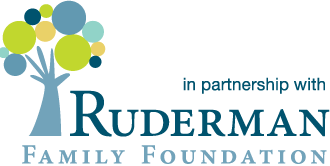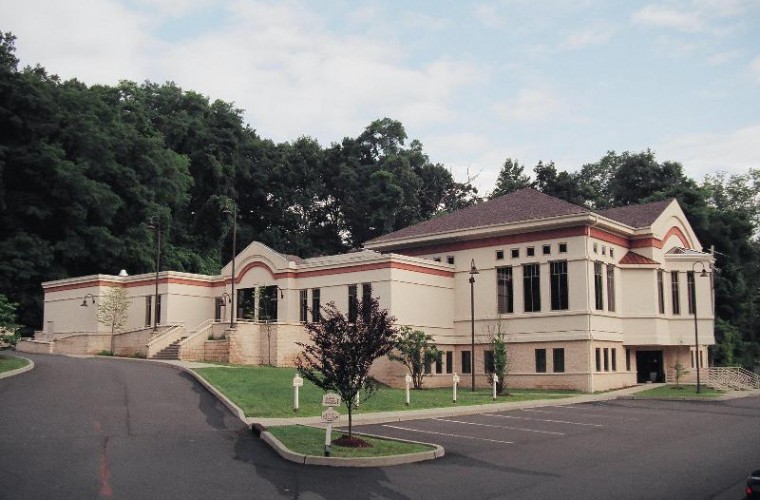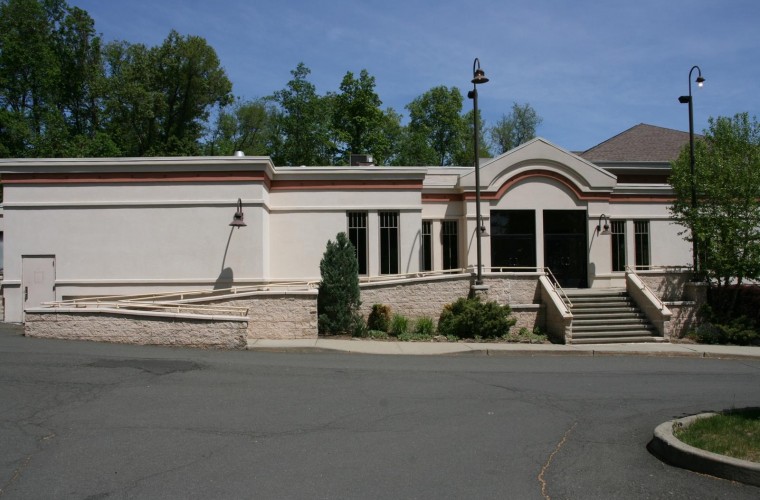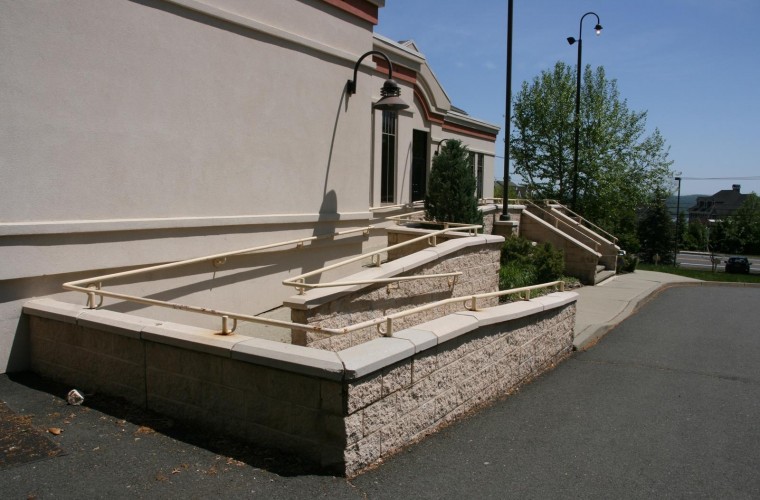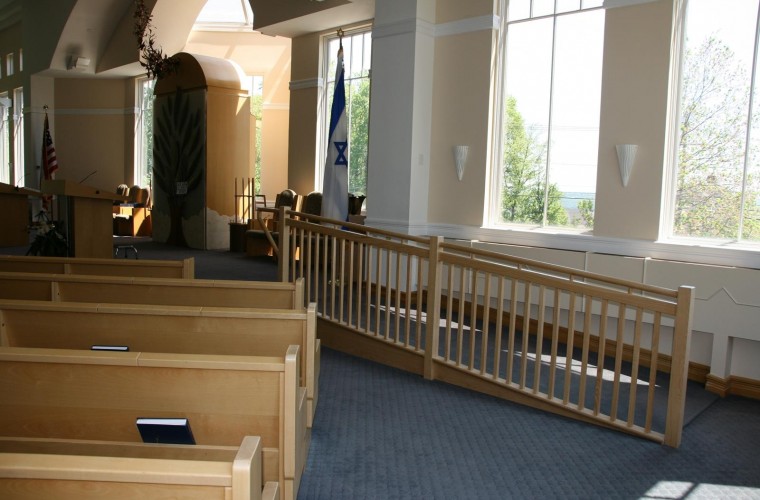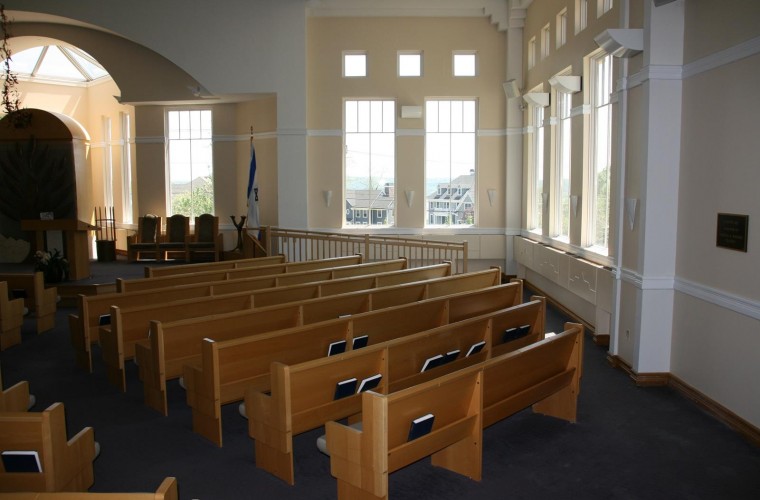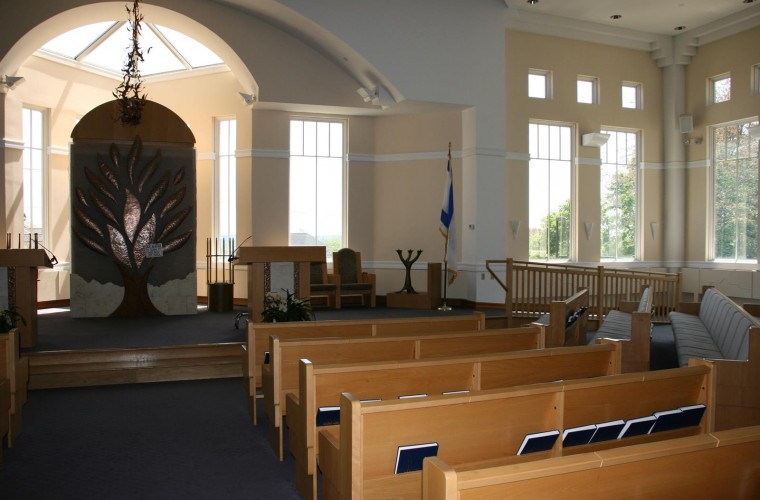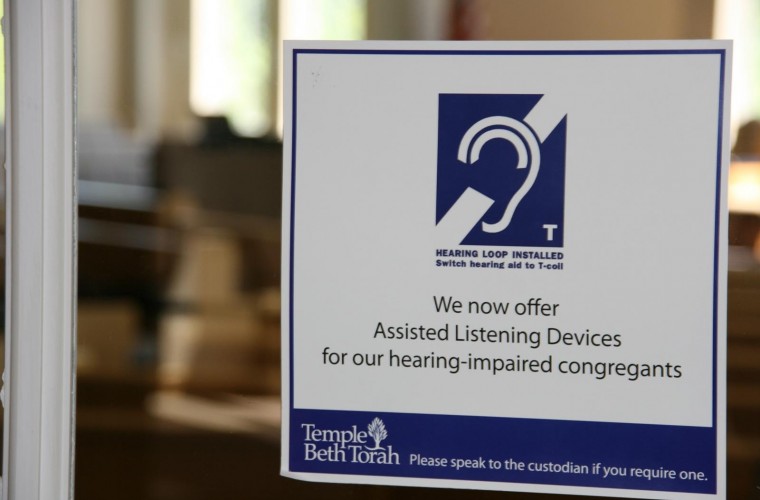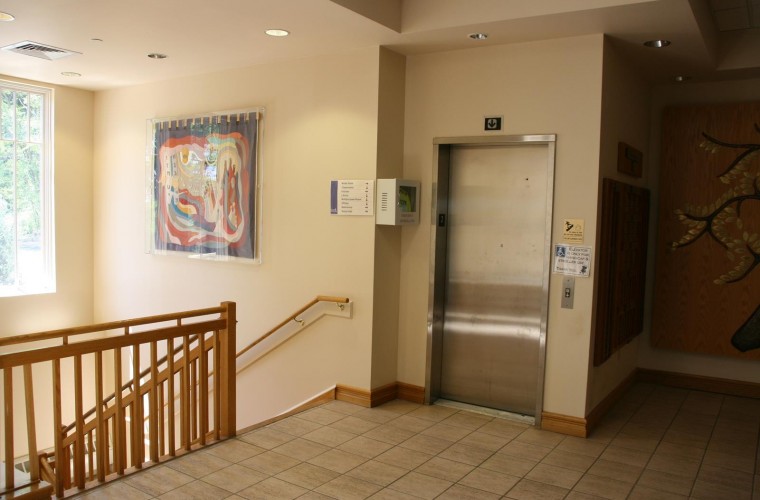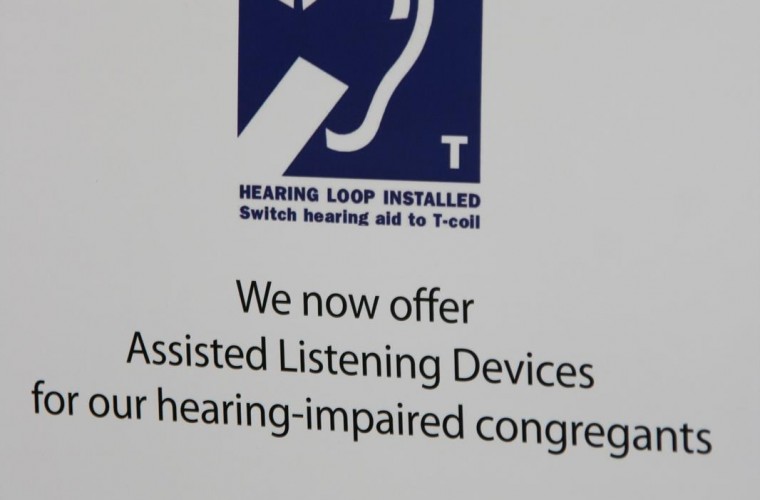Areas of Inclusion: Adults in Communal Life, Advocacy & Community Partnerships, Architectural & Physical Accommodations and Transportation, Autism, B’nai Mitzvah, Blindness, Deafness, General Inclusion, Mental Health, Religious School, and Worship
About the Congregation
330 North Highland Avenue (Route 9W)
Upper Nyack, NY 10960
Number of Congregants: 540
Contact Information
We at Temple Beth Torah pride ourselves on being a welcoming, inclusive Reform synagogue which offers dynamic educational, spiritual and social programs for all ages. We are a diverse community with doors wide open, and have always been a vibrant congregation with a large core of people who are actively involved. Many of our members give of their talents, passion, and time.
Our congregation is renowned for its stability of clergy, outstanding Jewish education, award winning youth program and its commitment to social action. As a traditional Reform synagogue in a magnificent building, our congregation shares its’ enjoyment of music as we express our spirituality.
TBT’s doors are open to all who want to embrace our Jewish traditions, including interfaith families, the LGBT community, and those with disabilities and challenges. We are committed to ensuring that all who wish to participate can do so, regardless of disability or prior involvement.
We deeply believe that our children must have a firm understanding of the faith, culture, language and history of Judaism, and we do all that is within our power to provide a program that is par excellence for ages six weeks old through twelfth grade. We want Temple life to be meaningful and engaging, leading our children to a desire to remain active in the Jewish community long after they leave the nest. We invest in a comprehensive youth program to fulfill this goal. Lifelong learning continues with weekly Torah study, Adult education mini-courses, Adult Hebrew, and a plethora of study opportunities throughout the year.
Tikkun Olam (“repairing the world” or “healing the world”), has long been a cornerstone ideal of TBT. We have a long-standing history of helping people in need, including people who are homeless, hungry, and impoverished; both in our community and throughout the world.
We at Temple Beth Torah are proud to be celebrating our 50th year at the core of Reform Judaism in Rockland County, New York!
Inclusion Programming
Does this congregation have an inclusion committee?
Yes
Developing Our Program
The following is a blog post that was written by Eva Rubin Steen for urj.org during Jewish Disability Awareness Month.
Shaareinu: The "Collateral Good" Cannot be Overstated
The leaders of Temple Beth Torah (now Reform Temple of Rockland), a community that always has held inclusion and acceptance as core tenets, realized a few years ago that we were not doing a good job of welcoming those who face physical, emotional, or cognitive challenges. We recognized, too, that by excluding even one family member from participating in Jewish life, we were effectively excluding the entire family. Including all who wish to join in the life of the synagogue enriches each of us, so our lack of welcome was painful for too many families, which in turn hurt our congregation and the broader Jewish community.
Once we identified the issue, our board of trustees immediately and wholeheartedly endorsed the creation of Shaareinu (Our Gateways), which strives to open new gateways for individuals (and their families) for whom participation in all aspects of synagogue life – worship, religious school, and programming – is limited by various challenges.
We established four lay-led task forces and involve more than 80 congregants as volunteers in welcoming into congregational life individuals and families who are affected by physical, emotional or cognitive challenges:
• Our Education Task Force brings religious school teachers together with volunteers from the congregation who are trained in learning disabilities and classroom management techniques. Task force volunteers plan and present workshops for our faculty that address such topics as how best to structure the classroom, implement behavioral analysis, and deal with different learning styles and teaching strategies.
• Our Technology Task Force installed an assistive listening system, which enables those who wear hearing aids and others with hearing loss to follow along with what goes on in the sanctuary. Although no one complained before we put in our telecoil hearing loop, as soon as the loop went in, many congregants admitted that they had hearing problems and thanked us for helping them have a better experience. We also installed a live internet streaming video system – accessible by computer, mobile device, and many television cable boxes – to bring worship and programming to congregants who cannot leave their homes.
• Mental health issues are the focus of our Nefesh (soul) Task Force, which, together with other community groups, co-hosts panel discussions and seminars that address numerous mental health challenges related to parenting, anxiety, school violence and bullying, alcohol and drug addiction, and similar topics. These seminars often are co-sponsored by Jewish Family Services, United Hospice, or other community groups, and many of our volunteers offer their professional expertise as presenters. Nefesh also maintains an extensive list of mental health resources on the congregation’s website.
• Our Chesed (loving-kindness) Task Force seeks to increase the sense of connectivity and community within the congregational family by supporting each other in times of sorrow and rejoicing in times of joy. In addition to reaching out to those who are celebrating a Simcha, are homebound, ill, or in mourning, Chesed, together with Nefesh co-sponsors programs that address such topics as caring for the aged and visiting the sick.
The benefits of these endeavors to those with disabilities in our community should be fairly obvious. What is less obvious, however, is how extraordinarily rewarding this work is to those of us who volunteer in this initiative. As our congregation’s former leader, Rabbi Brian Beal, was fond of saying, “The collateral good of this initiative cannot be overstated.”
Indeed, in addition to the personal fulfillment our many dedicated volunteers derive from this work, our congregation now excels in including all people in synagogue life. We are proud to be featured as an “exemplar congregation” on the URJ’s disabilities inclusion website, and we look forward to ongoing Shaareinu offerings this spring on such topics as positive parent-child interactions, memory improvement, eating disorders, CPR, and autism.
Program Development Links
Program Development Documents
Number of people involved in the effort: 540
Involving People with Disabilities
Our former Rabbi, Brian Beal, was instrumental in the implementation of this program. His hearing impairment sparked our interest in a hearing loop. Additionally, the programs that we’ve presented to our faculty on classroom techniques – which benefit all students, not just those with special needs – have been developed by parents of children with special needs who also have skills in the field of education.
Funding This Effort
We have not needed a great deal of funding, since most of the programming has been provided by congregational and community volunteers. The only accommodation that had a significant cost associated with it was the purchase and installation of the hearing loop. We partnered with a local audiology practice and shared the cost. Our portion of the cost was raised by a young Bar Mitzvah student as his mitzvah project and was collected through congregational donations. The only ongoing cost is from Shiva meals that our Chesed Task Force provides.
Helpful Agencies & Organizations
We continue to partner with several community agencies in developing, advertising and presenting programs and workshops. Jewish Family Service, National Alliance on Mental Illness, Nathan Kline Institute for Psychiatric Research, and Hudson Valley Audiology are the major community agencies with whom we’ve partnered.
The community agencies have provided speakers and resources at no cost other than equal “billing” on publicity. Additionally, the community agencies have been able to publicize our events through their own networks, which reach beyond our congregation.
List of Helpful Agencies & Organizations
Spreading Awareness About Our Work
Besides being detailed on our website, our congregants receive weekly e-blasts as well as monthly printed announcements of all programs and activities. We also have regular “Bima announcements” every Friday night. Additionally, we have been able to publicize at our local JCC building, and online community bulletin boards. As stated above, our partner organizations also notify their constituents.
Links About Spreading Awareness
Process & Sharing
History, Materials & Processes that Guided Our Approach
A non-profit organization in Washington DC, “RespectAbility,” is a fantastic resource for any organization attempting to increase their inclusion efforts. Their website offers a wealth of information and concrete suggestions, and they specifically address Jewish organizations. In fact, a presentation by their President, Jennifer Lazlo-Mizrahi, sparked my interest in this entire project.
History, Materials & Process Links
Evidence of Successful Inclusion Efforts
We have heard from so many congregants and guests that the hearing loop allows them to fully participate in worship services, some who haven’t been able to do so for years. Our building and Bima ramps are used regularly by congregants with mobility impairments and guests. Children with special needs are welcomed into our school and are openly participating in all activities, and support services are always available to our faculty. Our workshops on topics related to mental health and parenting are always well attended, both by congregants and guests. Congregants who suffer a death in their family continue to thank us for reaching out during their time of mourning.
Evidence of Changing Attitudes
We have always been an extraordinarily welcoming and inclusive congregation, without obvious misconceptions about people with disabilities. Yet, our many programs and our continued publicity serve to keep these issues in the forefront and to generate conversation.
How We're Using and Sharing the Disabilities Inclusion Learning Center
They will be made aware of ongoing efforts.
Future Inclusion Efforts
At this time, we are focused upon continuing the efforts in which we’ve been involved. Our recent consolidation of Temple Beth Torah and Temple Beth El is allowing us the opportunity to include additional volunteers, lay leaders, presenters and beneficiaries of the Shaareinu Initiative, and to incorporate the similar activities of Temple Beth El. To flesh out this description a bit, our volunteer participation quickly grew to 80+, out of a congregation of then approximately 300 members. We believe that all of our congregants benefit in one way or another from the accommodations that we’ve made. For example, the hearing loop that we installed on our upper level (including our sanctuary) is used by many congregants and guests who are hearing impaired, although we don’t ask them to identify themselves. As another example, the seminars and speakers that we’ve sponsored to address a wide variety of topics (Mood Disorders, Effective Parenting, Eating Disorders, School Bullying, Addiction and Recovery, etc.) have been attended by hundreds. Our Chesed Task Force, which is included in Shaareinu, attends to the needs of those whose family has suffered a recent death, as well as those who need a helping hand and a kind heart to deal with health challenges. In addition, members of our Nefesh Task Force compiled a 100+ page directory of mental health resources in our immediate and wider area and it’s available on our website for anyone who wishes to access it. A downloadable copy is also available below.

